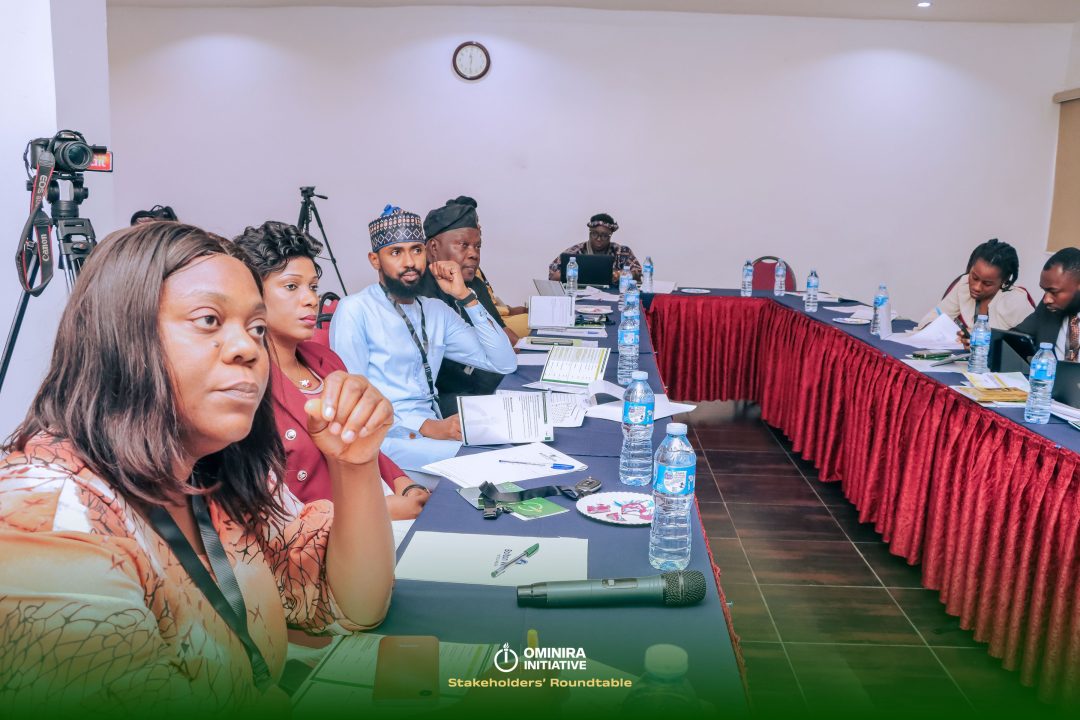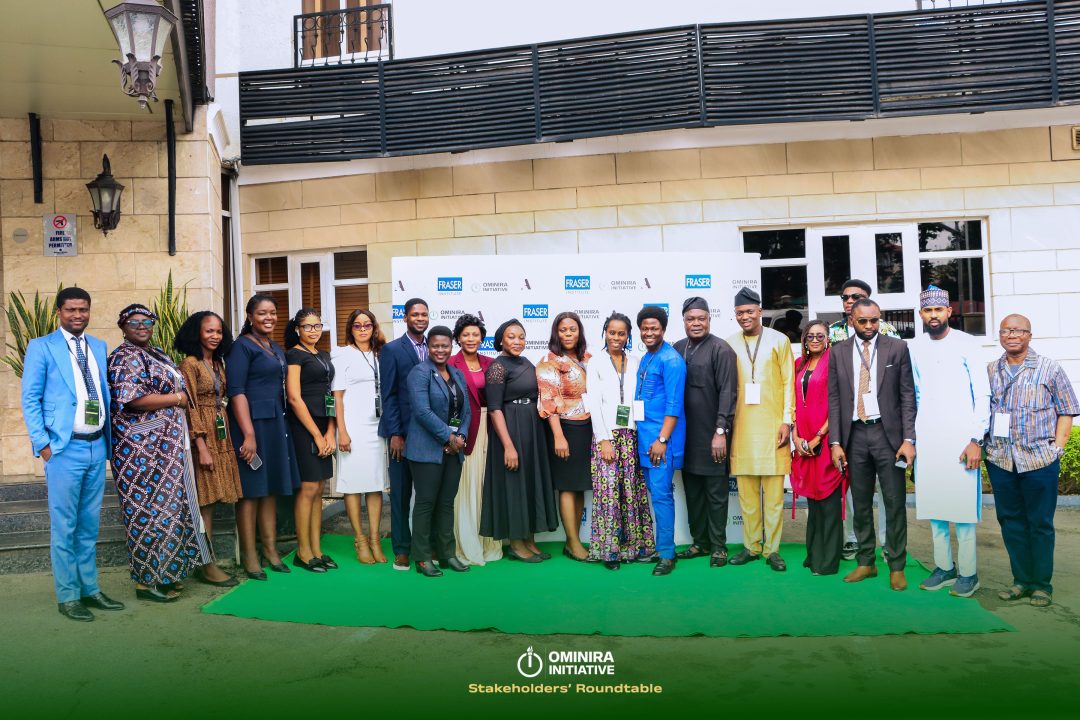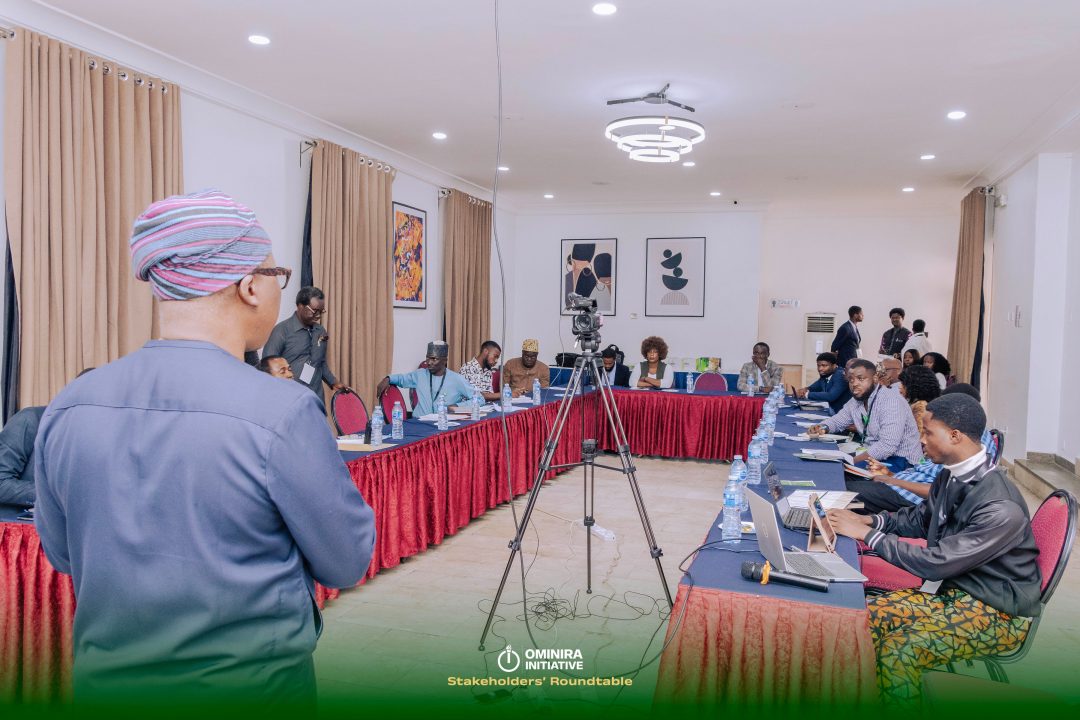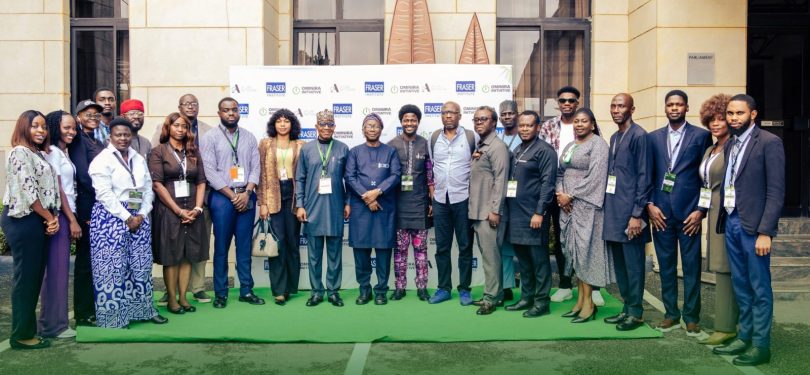Ominira Initiative for Economic Advancement has convened two high-level stakeholders’ roundtables earlier this week in Abuja, bringing together legal experts, trade economists, government officials, civil society leaders, and business representatives to address the deep institutional barriers undermining Nigeria’s economic freedom.
The events form part of the Economic Freedom Audit of Nigeria Project, anchored on the framework of the Economic Freedom of the World Report published annually by Canada’s Fraser Institute. The project seeks to identify practical reforms to unlock growth, attract investment, and strengthen governance in Africa’s largest economy.

On Tuesday, September 23, 2025, stakeholders gathered at the Bolton White Hotel, Abuja for a roundtable on Legal System and Property Rights, one of the weakest areas in Nigeria’s global ranking. According to the 2024 Economic Freedom of the World Index, Nigeria stands at 137th worldwide in this category, indicating delays in justice delivery, corruption, weak land administration, and inconsistent protection of human and property rights.
Speaking at the event, Prof. Akintunde Otubu delivered an assessment of Nigeria’s judicial framework, highlighting challenges in contract enforcement, the Land Use Act’s centralization of land ownership, and the chilling effect of arbitrary legal applications such as the Cybercrimes Act on press freedom. Participants debated the human and economic cost of these failings, pointing to stifled investment, diminished trust in the justice system, and the untapped potential of unregistered land.
The roundtable produced a set of reform priorities, including strengthening judicial independence, simplifying land administration to release capital, and safeguarding human rights to restore confidence in Nigeria’s institutions.

Two days later, on Thursday, September 25, attention shifted to Trade Openness, where Nigeria’s performance is even more troubling. The country currently ranks 159th globally in freedom to trade internationally, hampered by high tariffs, restrictive import bans, and inefficient customs administration.
Prof. Olawale Ogunkola, a leading trade economist, presented an overview of Nigeria’s restrictive trade environment, linking high consumer prices and weak competitiveness to outdated policies such as the Customs and Excise Management Act and the Import Prohibition List. He noted that barriers not only undermine domestic businesses but also shrink Nigeria’s integration into global markets at a time when regional blocs such as the AfCFTA are expanding opportunities.
Discussions at the session underscored the urgency of reform. Other stakeholders present at the roundtable shared how prohibitive tariffs and clearance delays inflate costs. In unison, they urged the government to simplify customs processes, expand export competitiveness, and encourage private-sector-led initiatives in sectors such as manufacturing and agriculture.

Both roundtables form part of a wider process leading to the publication of the Economic Freedom Audit of Nigeria Report at the Economic Freedom Summit scheduled for February 2026 in Lagos. The audit will integrate research, stakeholder inputs, and policy recommendations into a roadmap for strengthening Nigeria’s economic institutions.
Bayonle Fesobi, Director of Research at Ominira Initiative, said ‘’it is important to move from analysis to action, that’s why we are engaging the active players and practitioners along with decision-makers, with the aim of co-creating reforms that can be implemented to improve the lives of millions of Nigerians”.
As Nigeria grapples with mounting economic pressures, the Ominira Initiative believes that expanding economic freedom through stronger legal protections for human and property rights, and adopting a more open trade approach, offers our nation a pathway to institutionalising growth, long-term prosperity, and human flourishing.


